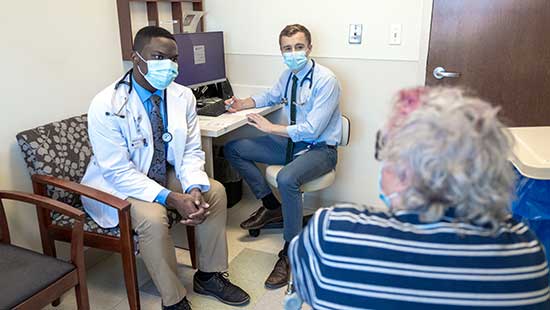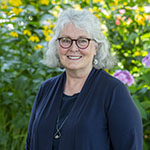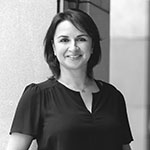Harnessing the social and behavioral sciences to advance equity, innovation and impact in health.
In the Department of Medical Social Sciences (MSS) at Northwestern University Feinberg School of Medicine, we leverage the tremendous power of the social and behavioral sciences, including psychology, sociology, anthropology and economics, to create and implement innovations that equitably improve the health of our community and our society. We are leaders across the field of public health, working to improve health through outcome and measurement science, multi-level determinants of health, intervention science and implementation science.

Our vision as a department is to work collaboratively with faculty, trainees and staff — both within MSS and across Northwestern University and Northwestern Medicine — to embed social science into the DNA of health and healthcare delivery to transform health and healthcare equitably.”
Chair, Department of Medical Social Sciences
Transdisciplinary Research
The Department of Medical Social Sciences is an international leader in transdisciplinary methods–focused research in population and public health.
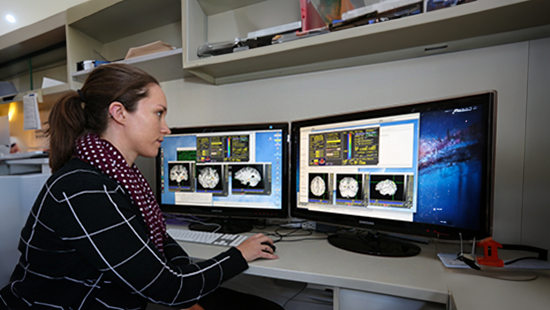
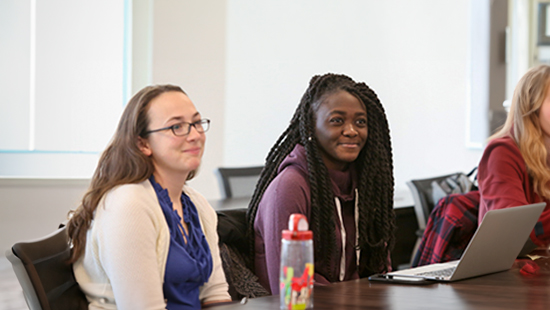
Training the Future of MSS
Our faculty are dedicated to teaching, mentoring and supporting constituents at Feinberg School of Medicine while also contributing to educational and capacity-building efforts locally, nationally and globally.
Health Equity
Our vision is to make Northwestern, our communities, all communities, our lives and the world a better place — with everyone having the chance and responsibility for reaching their own pinnacle of health.
